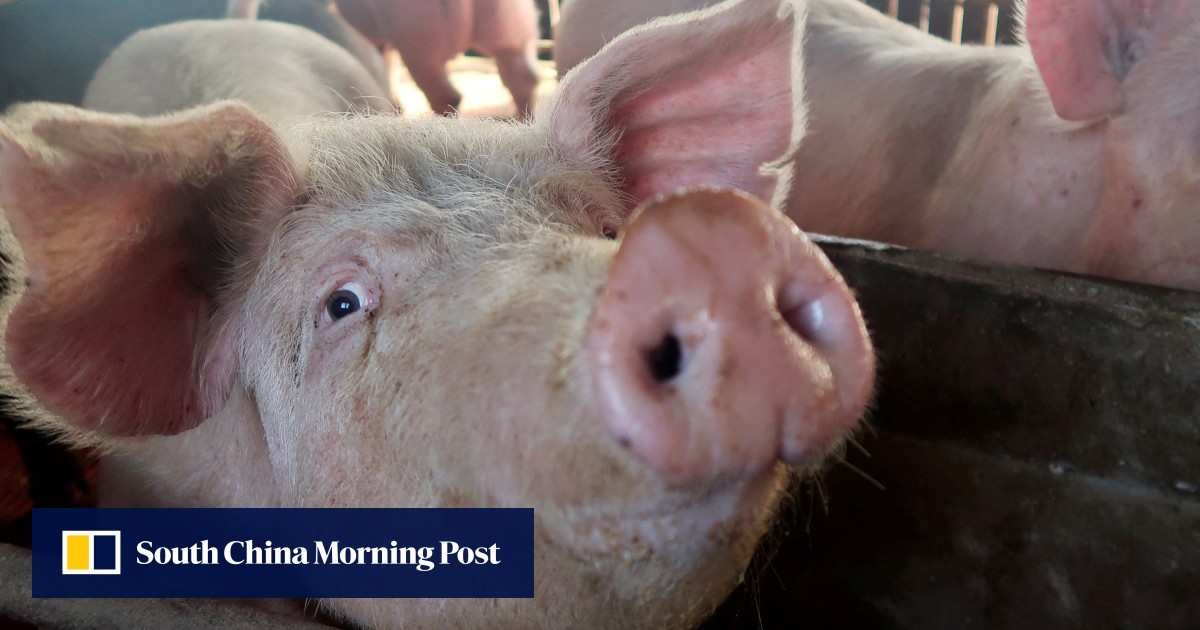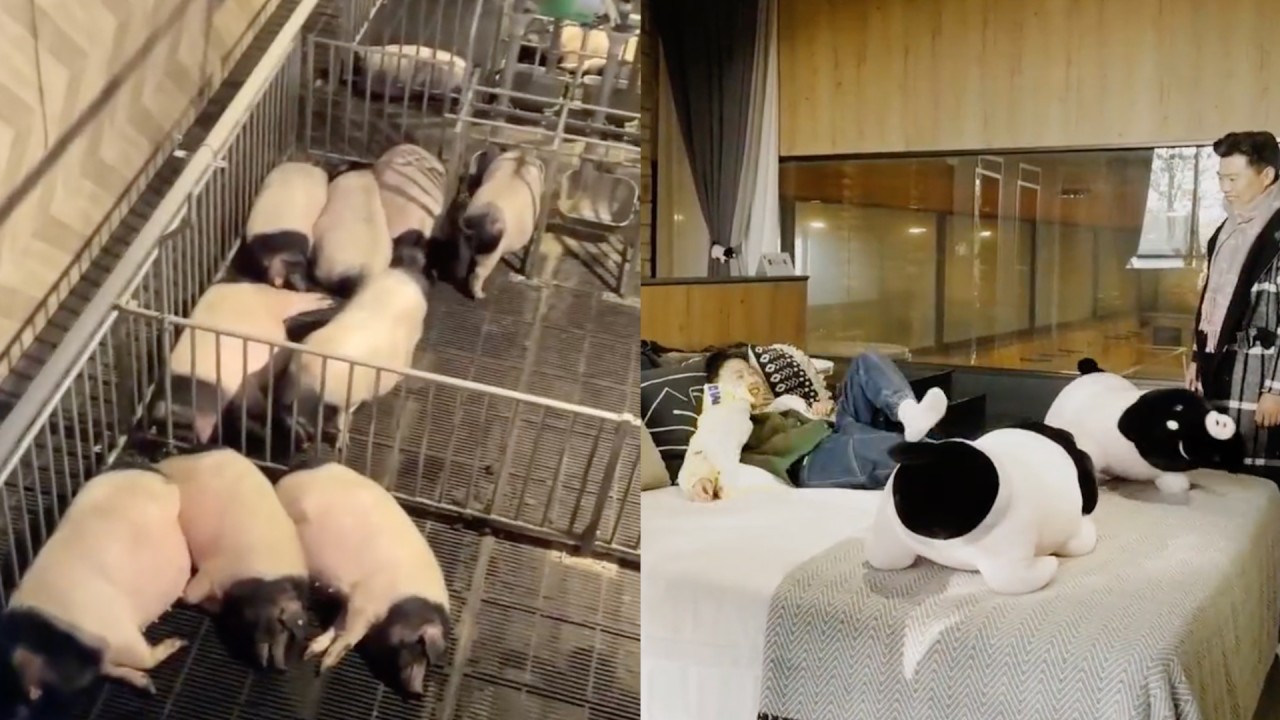Chinese farmers are keeping the fewest pigs for breeding since 2020, offering hopes that the industry is on the cusp of sustained profitability after years of losses.
Key indicators point to the market having bottomed. Foremost was the drop in the sow herd to below 40 million head, a four-year low, reported by the government last week. The number of sows determines the number of piglets and ultimately the amount of meat on the shelves. As a consequence, pig prices have jumped more than 10 per cent in the last two months, while margins have been positive since mid-March.
The so-called pork cycle in China, where prices are driven by mismatches in supply and demand, has implications beyond farm incomes. Analysts look to the cycle for clues on inflation because the nation’s favourite meat is an important element in the basket of goods used to measure price changes. Weakness in livestock markets has contributed to the deflationary pressures that have weighed on consumer spending in recent months, posing risks to Beijing’s target for economic growth.
Still, the moves are insufficient to herald a major turning point, according to Zhu Zengyong, a researcher at the Chinese Academy of Agricultural Sciences. Rather, the market has entered “an upwards cycle on a smaller scale”, he said.
“The fall in the sow herd, though continuous, is still not enough to restart a major new pork cycle,” said Zhu. “In addition, demand has been weak since the second half of last year due to the macro economic environment.”
China’s pork cycle is just another variant of the booms and busts that characterise commodities markets and typically lasts three or four years. The current one began with a steep drop in prices in 2021 after farmers expanded their herds to capture better margins.
Fewer pigs now means prices have once again turned higher, which is starting to entice speculators into the market, according to Cofco Futures. Hog slaughters are expected to fall further, by more than 5 per cent in both the second and third quarters compared with the previous year, the brokerage said in a note this week.
The central bank’s target of 3 per cent annual growth in the consumer price index has long looked out of reach. CPI grew just 0.1 per cent in March, while prices actually fell from October through January, so any green shoots of recovery in food markets will be welcome, even if the improvement is driven by supply rather than demand.
While sentiment has undoubtedly improved, there are still obstacles to overcome if the rebound in the hog industry is to be maintained.
China’s sluggish economy could cap any further gains in price if cash-strapped households continue to penny-pinch. Some farmers may be too quick to restock their herds.
Others are holding back pigs that are already ready for slaughter, fattening them further for bigger profits, the agriculture ministry said last week. That is likely to swell supply in coming weeks and months.
And the structure of the market has changed in recent years. Previously, steep losses would wipe out small holders, which in turn would deepen supply deficits. But consolidation has reduced the number of small farms, leaving more capacity in the hands of larger companies that are better able to ride out unprofitable periods.
“With production more concentrated with big corporate players, continuous losses will lead to some output cuts, but they won’t be as dramatic,” said Zhu.


